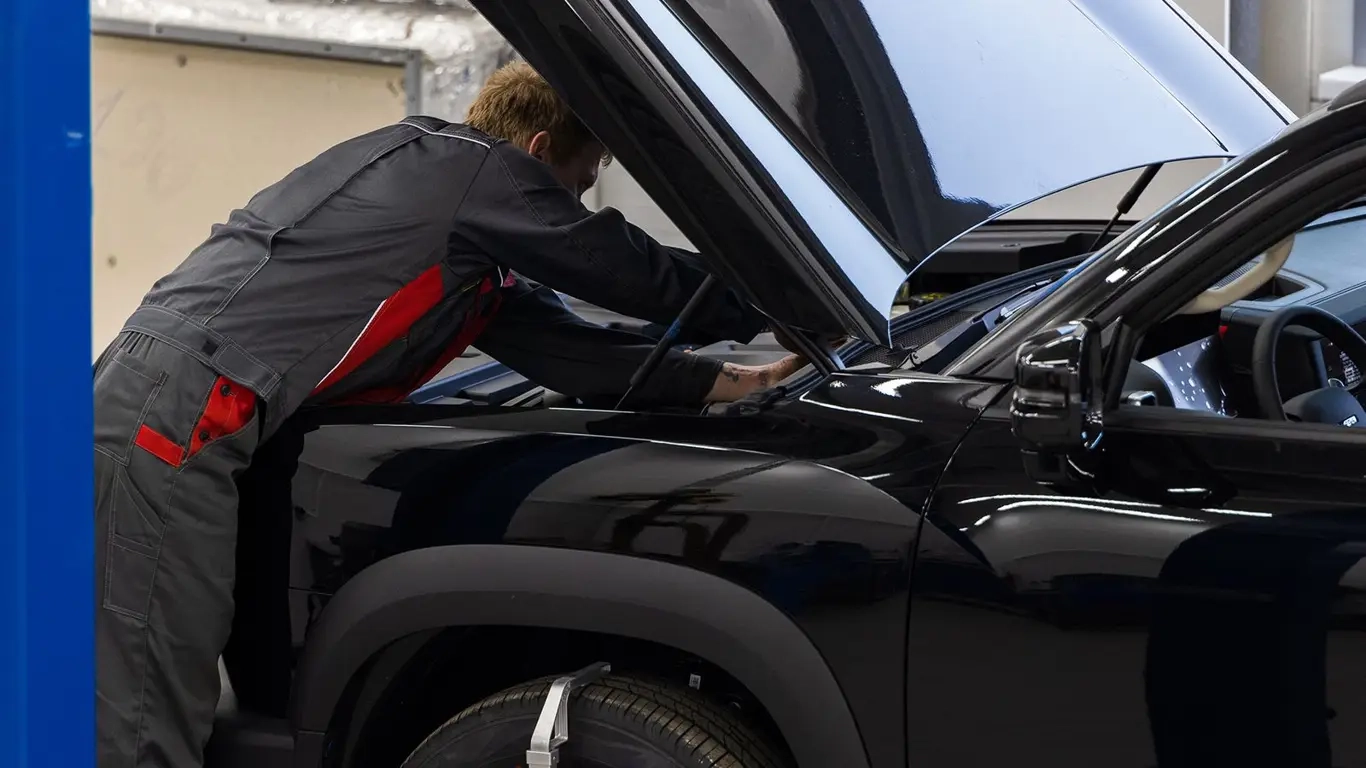Why your car battery drains when parked: causes, checks and fixes


Learn why your car battery drains when parked, normal parasitic draw values, how short trips, alarms and cold accelerate loss, plus smart-charger tips, checks.
Auto mechanic Alexey Stepantsov told SPEEDME.RU why a car battery keeps draining even when the vehicle sits for days. As he explains, any modern car continues to power onboard electronics at rest—security systems, infotainment, control units. A normal parasitic draw runs between 5 and 40 mA. A healthy battery can tolerate up to two months of inactivity in summer, but in freezing conditions that window narrows to about two to three weeks.
The charge disappears especially quickly if the car only makes short trips. The alternator doesn’t have time to replenish the energy spent on cranking, and the battery ends up perpetually undercharged. Other culprits include leaving the parking lights on, doors that aren’t fully latched, a faulty alarm, or mistakes during accessory installation. These seemingly small leaks can flatten a battery within a day. It’s a straightforward explanation that tracks with real-world experience: the electrics keep sipping power even when the engine’s off.
The expert advises topping up the battery from time to time with a smart charger and checking the leakage current. He also notes that heat and frost accelerate aging, so after around five years most batteries shed capacity more quickly. To understand which cars endure winter downtime better, it’s important to factor in the condition of the electrical system and the traits of a specific model. It’s sensible guidance: a smart charger and a quick parasitic-draw check can be the difference between a confident start and an unpleasant surprise after a long layoff.